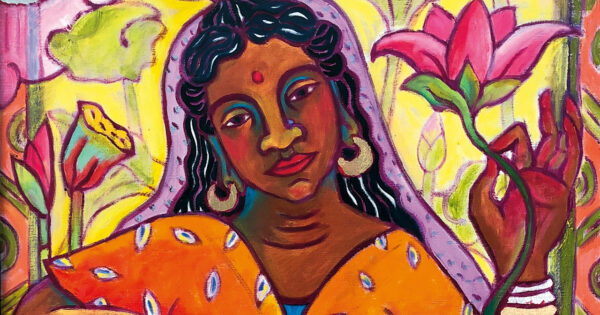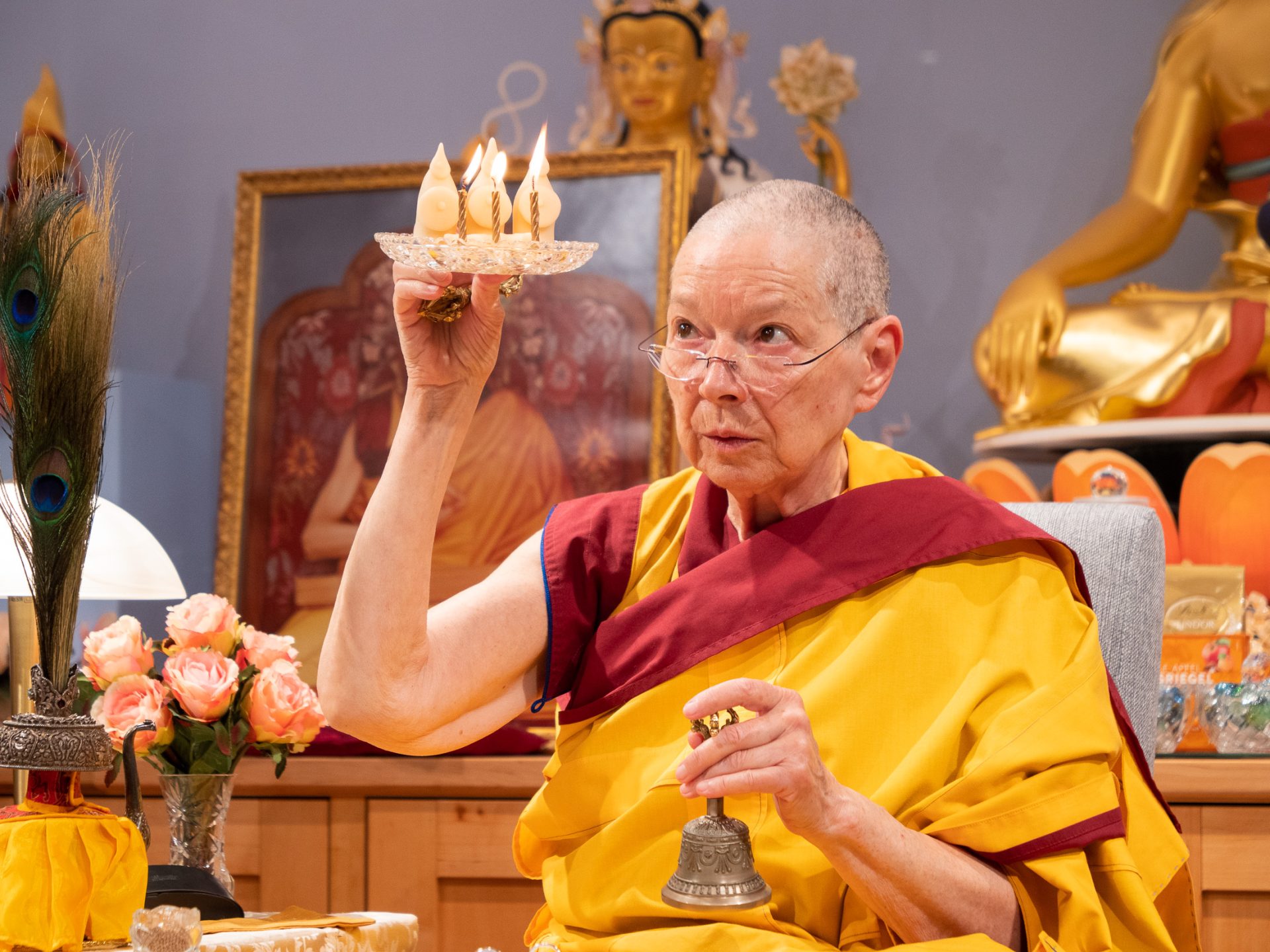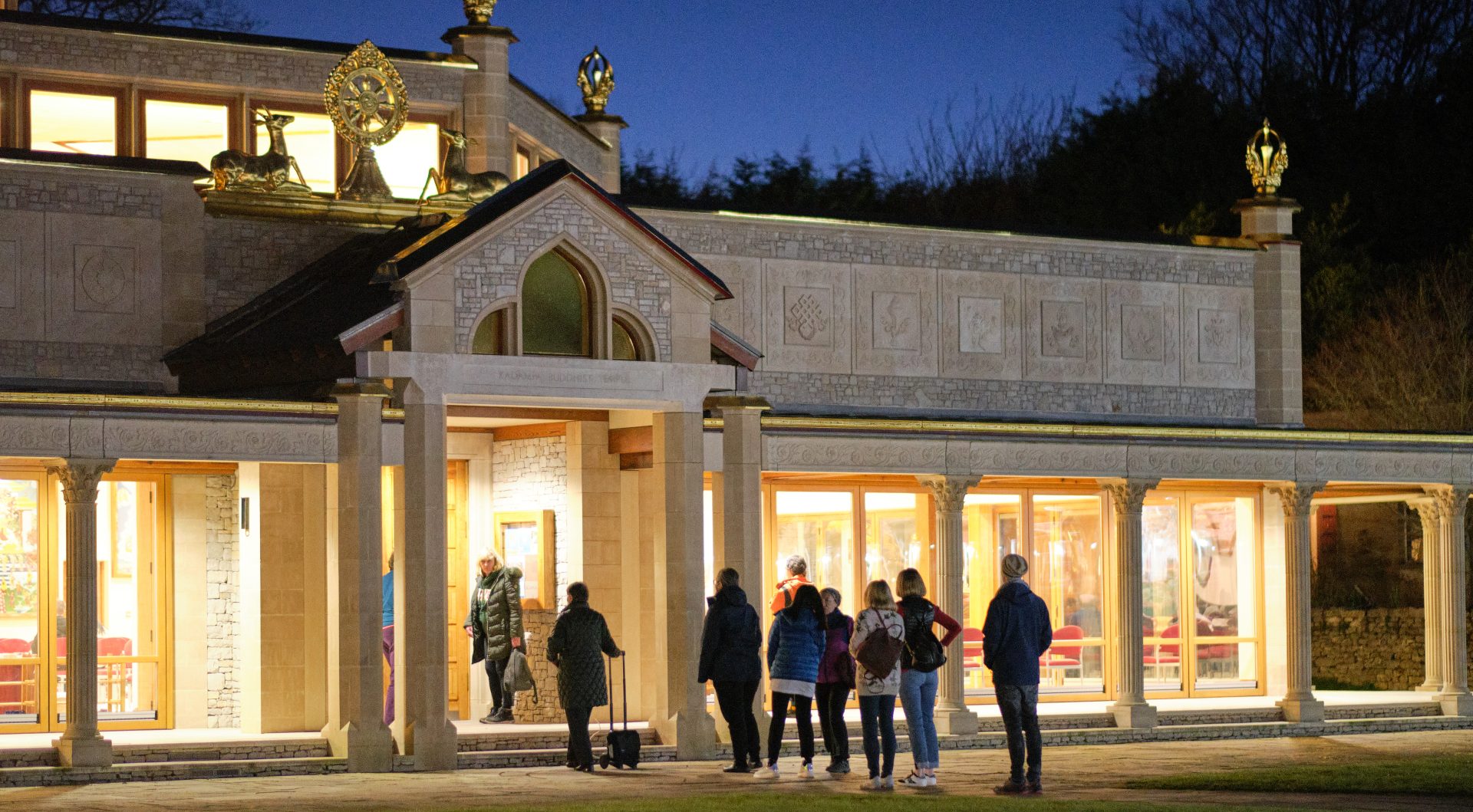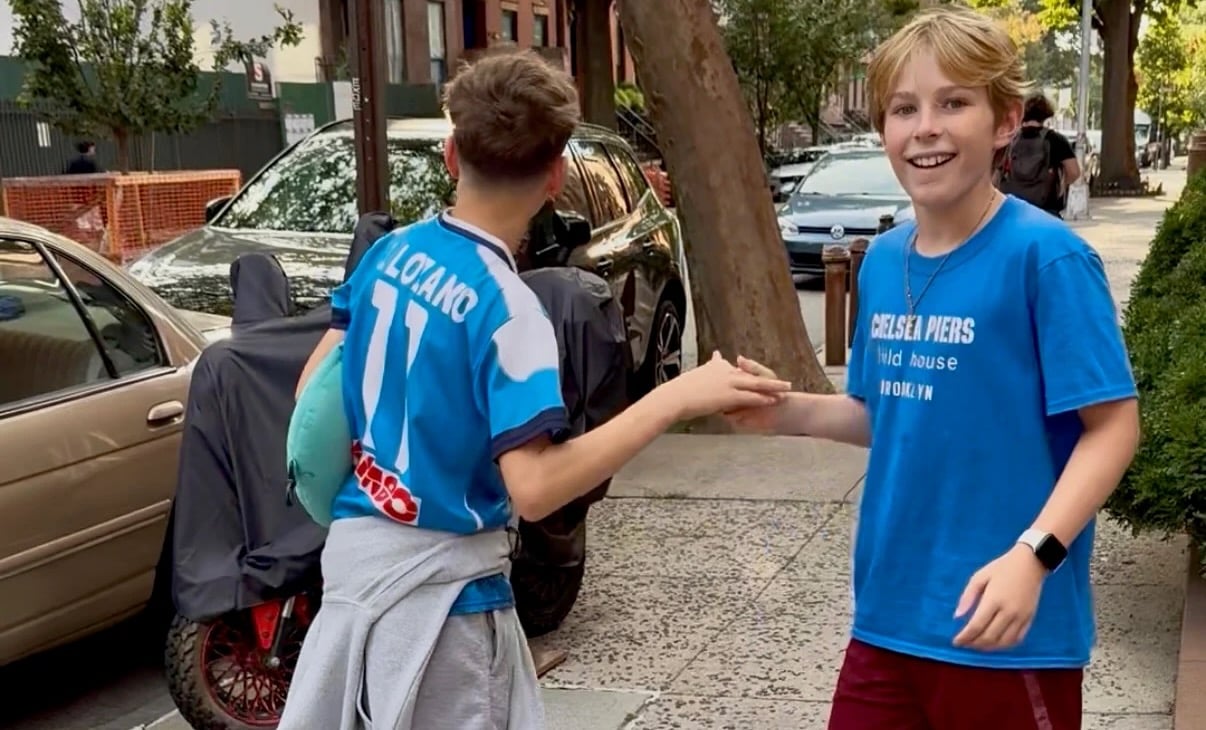5 Timeless Teachings on Extending Forgiveness to Ourselves and Others
Buddhist wisdom on cultivating a merciful heart The post 5 Timeless Teachings on Extending Forgiveness to Ourselves and Others appeared first on Tricycle: The Buddhist Review.

Trike Daily RelationshipsTeachings
Buddhist wisdom on cultivating a merciful heart
By TricycleMar 15, 2022 Photo by Louis Hansel
Photo by Louis HanselForgiveness can be a powerful practice that strengthens compassion and releases us from the grasp of fear, anger, and resentment. Still, it is often easier said than done to forgive those who have caused harm, ourselves included. If you find yourself struggling with extending or accepting forgiveness, here is a collection of teachings from Tricycle’s archives on how to cultivate a merciful heart.
1. Make Peace with Imperfection
“One of the things I’ve most appreciated about my years of meditation practice is having made peace with my humanness. It’s not that I don’t aspire to grow and develop and work on myself. But I’m no longer holding myself to some impossible ideal. The less I expect myself to be perfect and never mess up, the more likely I am to make headway toward forgiving myself. I am more able to release the heavy guilty burden I’ve been carrying for painful things I’ve done in the past, for the things I regret.” — “Why Are We So Hard On Ourselves?” by Mark Coleman
2. Take Your Time
“Sometimes the process of forgiveness takes a lifetime, and that’s perfectly fine. You can unfold in your own time and in your own way. We’re not trying to manufacture some kind of feeling, so if all you can muster is the understanding that harm was done, that’s perfectly okay. Emotions will come not because we force them to but because they’re there, because they’re an expression of some deep feeling inside. So if as a result of the harm, there were ways in which your heart closed or your feelings closed, you can acknowledge that too as part of the harm. Whatever you feel, you feel. And whatever you don’t feel, you don’t feel. Forgiveness is an attitude of welcoming and inviting and spaciousness rather than some emotion that we pump up in our bodies and minds and hearts.” — from “The Power of Forgiveness” by Gina Sharpe
3. Examine What Forgiveness Is Not
“Forgiveness does not mean condoning a harmful action, or denying injustice or suffering. It should never be confused with being passive toward violation or abuse. Forgiveness is an inner relinquishment of guilt or resentment, both of which are devastating to us in the end. As forgiveness grows within us, it may take any outward form: we may seek to make amends, demand justice, resolve to be treated better, or simply leave a situation behind us.” — “How to Forgive: A Meditation” by Sharon Salzberg
4. Stop the Cycle
“When you forgive someone who has wronged you, it doesn’t erase that person’s karma in having done wrong. This is why some think that forgiveness has no place in the karmic universe of the Buddha’s teachings, and that it’s incompatible with the practice of what he taught. But that’s not so. Forgiveness may not be able to undo old bad karma, but it can prevent new bad karma from being done. This is especially true with the bad karma that in Pali is called vera. Vera is often translated as ‘hostility,’ ‘animosity,’ or ‘antagonism,’ but it is a particular instance of these attitudes: the vengeful animosity that wants to get back at someone for perceived wrongs. This attitude is what has no place in Buddhist practice. Forgiveness is what clears it out of the way.” — from “Three Tactics from the Buddha to Forgive without Feeling Defeated” by Thanissaro Bhikkhu
5. Remember That Forgiving Doesn’t Mean Forgetting
“Sometimes we have been holding onto anger or bitterness related to a particular person or event. Something to think about is: What would I have to give up in order to free myself from this bitterness? We might think, ‘Well, yes, but what he or she did was absolutely unforgivable.’ Consider the possibility, and I am only saying consider the possibility, that maybe nothing is unforgivable. Maybe there is a way to find forgiveness even for what we have believed for so long to be unforgivable. Explore this mindfully.
To forgive does not necessarily mean to forget. Sometimes to forget is not wise, but to forgive is wise. And it is at times not easy. It can, in fact, be quite challenging. It will come as no surprise that one of the most difficult people to forgive can be yourself. Yet with patience and gentle determination, it can be done.” — from “Lighten Your Load” by Allan Lokos

Get Daily Dharma in your email
Start your day with a fresh perspective

Explore timeless teachings through modern methods.
With Stephen Batchelor, Sharon Salzberg, Andrew Olendzki, and more
![]()
Thank you for subscribing to Tricycle! As a nonprofit, we depend on readers like you to keep Buddhist teachings and practices widely available.
This article is only for Subscribers!
Subscribe now to read this article and get immediate access to everything else.
Already a subscriber? Log in.

 Troov
Troov 
































